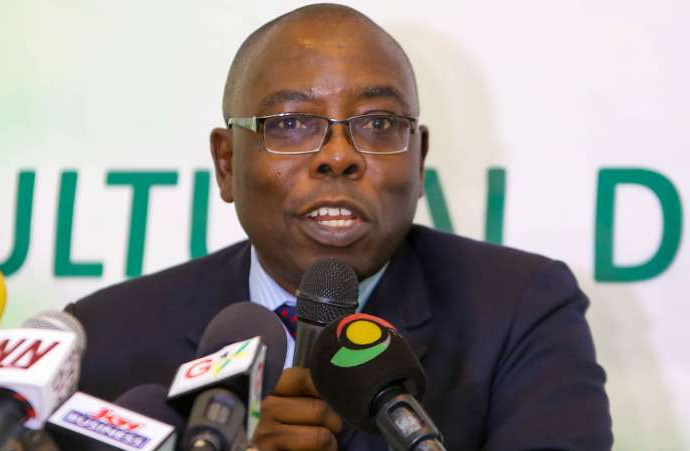The Africa Report
By Tarek Hafid in Algiers
Despite the inspiration of the Arab Spring, Algeria’s Islamists are not as organised as their brothers next door quashed a nascent victory for the Front Islamique du Salut (FIS).
 MAP OF ALGERIA/ ALL RIGHTS RESERVED
MAP OF ALGERIA/ ALL RIGHTS RESERVED
But unlike Tunisia‘s Ennahda party, Morocco’sParti de la Justice et du Développement (PJD) and Egypt’s Muslim Brotherhood, Algerian Islamists have not seen a similar rebirth post-2011 uprisings.Division haunts their ranks: the Mouvement de la Société pour la Paix (MSP, ex-Hamas) is in conflict over the departure of Abdelmadjid Menasra, a rival to MSP president Bouguerra Soltani.
He took a section of MSP support with him and decided to set up his own party, the Front du Changement National (FCN).
Likewise Abdallah Djaballah, having lost control of the Algerian Ennahda in 1998, then lost El-Islahin 2008 and is now forming a new party: the Front pour la Justice et le Développement (FJD).
Both the FJD and the FCN are waiting to be granted a licence from the government. For Nacer Djabi, professor of sociology at the university of Algiers, the key strain running through all Algerian Islamist parties is the desire to get into the political process, even if this provokes difficulties.
“Since abandoning the clandestine period at the end of the 1980s, these parties have shown a desire to ally themselves with the powers that be in order to progress.
They have only had a very short militant period. This strategy has already caused the splintering of Ennahda, and has discredited the MSP, which has been part of the government coalition since the middle of the 1990s.”
The MSP has realised this and, since 1 January 2012, Soltani has taken the party out of theAlliance Présidentielle that rules the country.
But even as it appears to step away, the MSP retains its four ministerial positions.
Although the Islamist parties are in crisis, it may not spell electoral doom for them. Many of the key nationalist and secular parties are also paralysed with internal ructions, such as theFront de Libération Nationale or theRassemblement pour la Culture et la Démocratie.
And some believe that Algerians would naturally sympathise with more religious-based parties.
MSP spokesman Abdelhalim Abdelwahab says “In the event of free elections, it is certain that Islamist parties would gain excellent results.
But the problem is that Algerians don’t vote; they don’t trust the administration.”
This article was first published in the 2012 March edition of The Africa Report, on sale at newsstands, via our print subscription or ourdigital edition.
Also Read:
Ex-Algerian president, Ben Bella’s death denied
Six African states among top 2011 MDGs performers
Libya’s second revolution from the East
Fallen Queens: Libya’s “desperate housewife”
Egypt and Libya: Squeezing out the soldiers
Morocco: PM Benkirane forms cabinet
Tension between Libya and Niger over Gaddafi’s son
| Next Telecoms: Ringing up profits |
|---|
0 COMMENT
Please login to post new comment.
Last Updated on Friday, 16 March 2012 17:10
.




